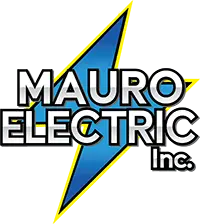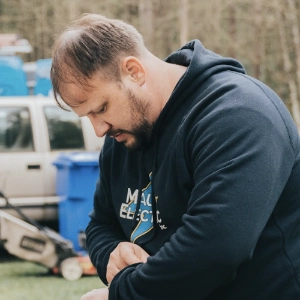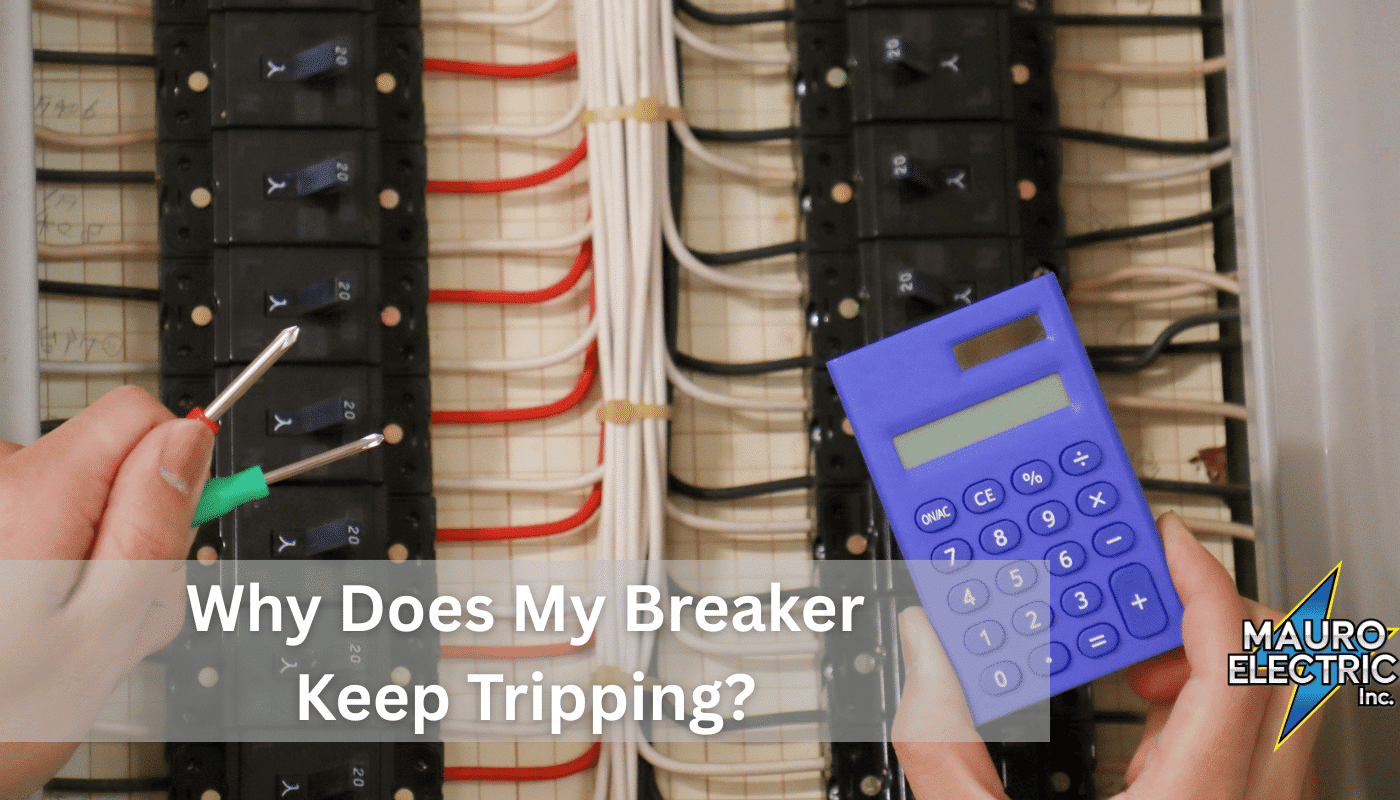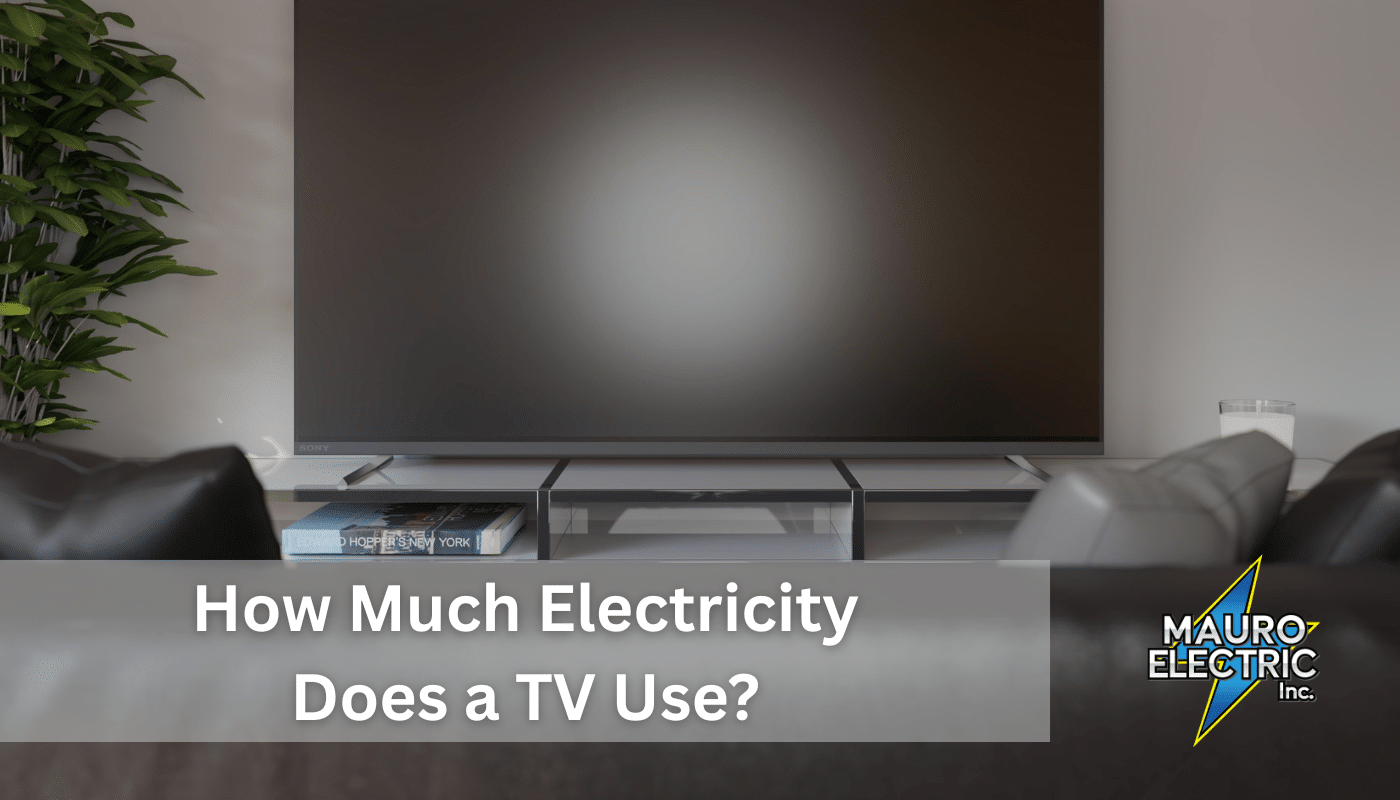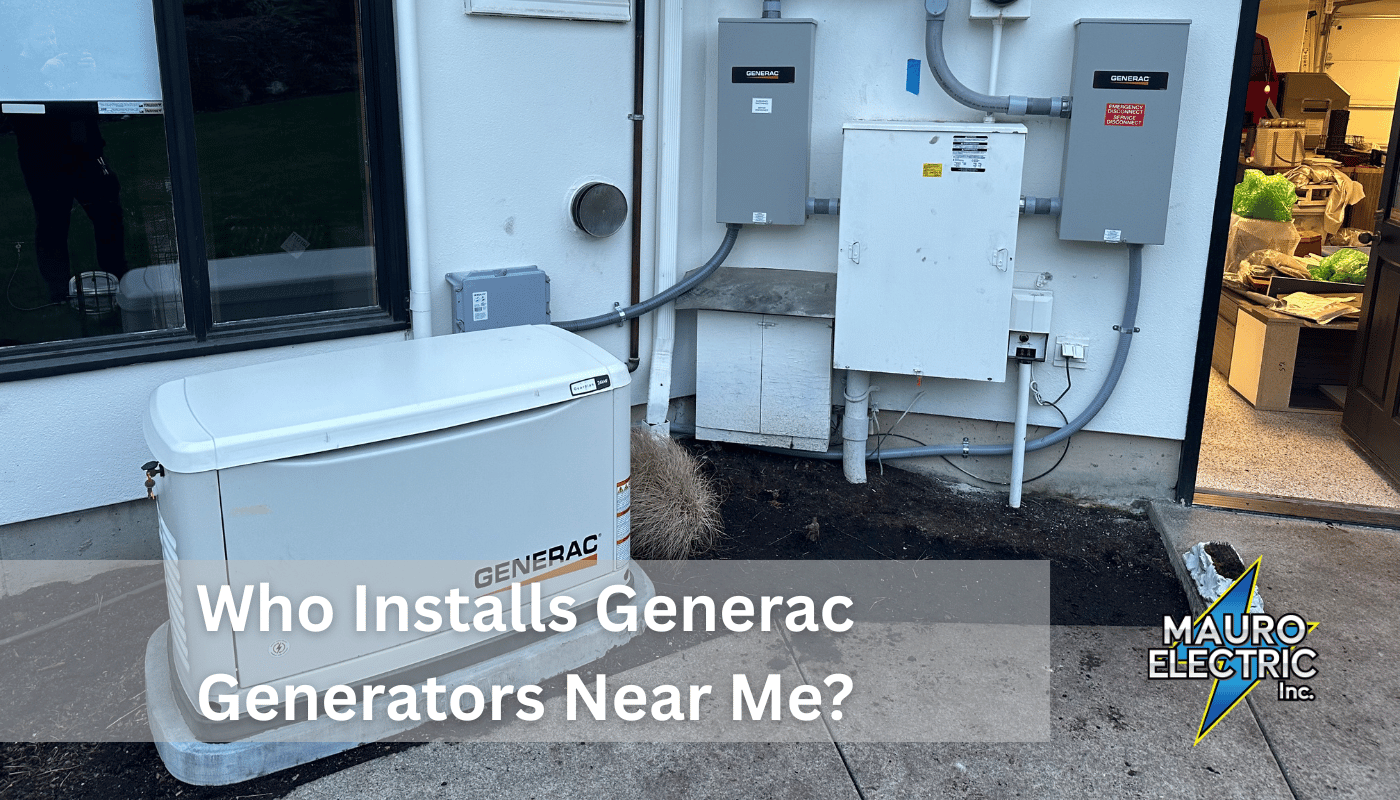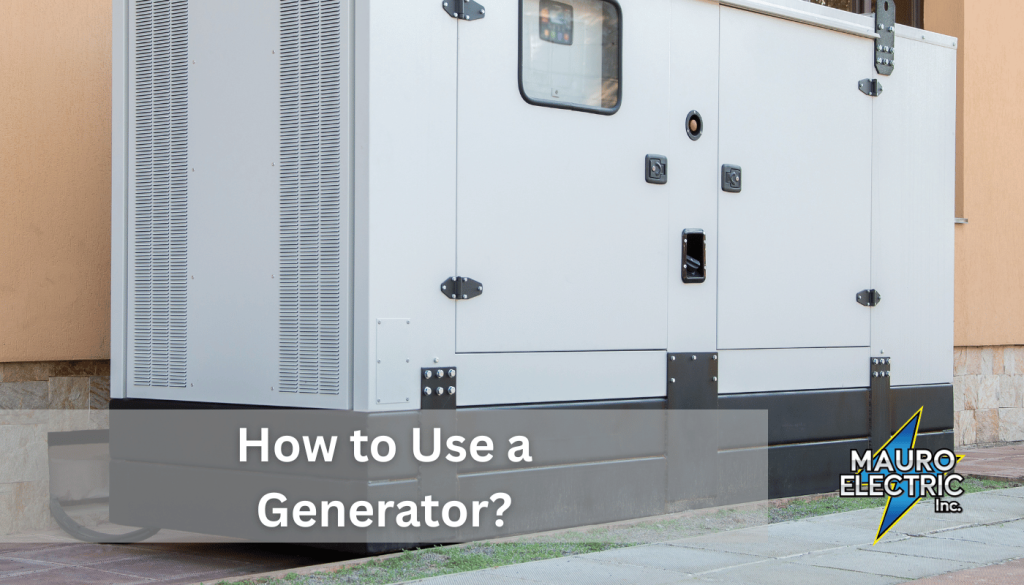
How to Use a Generator Safely and Efficiently in Washington?
Why Knowing How to Use a Generator Matters
In Washington, power outages caused by storms, strong winds, or infrastructure issues can disrupt daily life for hours or even days. In such cases, knowing how to use a generator properly can make a major difference in keeping your home powered. A portable generator or an emergency generator ensures that critical appliances and systems continue running during blackouts.
However, improper use can cause serious risks such as electrical hazards, generator safety issues, or exposure to carbon monoxide. Following safety guidelines is essential for every homeowner. At Mauro Electric Inc., we help Washington residents safely install and maintain generators that power homes efficiently and reliably.
What Is a Generator and How Does It Work?
A generator is an electrical device that converts mechanical energy into electricity through electromagnetic induction. It’s powered by engines that run on gasoline, propane, or diesel. When the generator starts, it creates a continuous electrical current that powers your essential home appliances. Learning how to use a generator correctly ensures steady performance and avoids unnecessary damage.
Types of Generators
- Portable Generators: Small and mobile, used during short power outages.
- Standby Generators: Automatically switch on when grid power fails.
- Inverter Generators: Provide cleaner, stable power for sensitive electronics.
- Portable Solar Generators: Eco-friendly options for outdoor and emergency power use.
Choosing between portable or standby generators depends on your power needs and home wiring setup.
How to Use a Generator: Step-by-Step Guide for Washington Homeowners
1. Choose the Right Generator for Your Needs
Start by determining your total power load. Calculate the wattage for all necessary appliances such as refrigerators, sump pumps, heaters, and lighting.
Average appliance power usage:
| Appliance | Average Wattage |
|---|---|
| Refrigerator | 600–800W |
| Space Heater | 1,500W |
| Sump Pump | 1,000–2,000W |
| Lights | 60–300W |
A 5,000–7,000W generator can power most medium-sized homes in Washington efficiently. Understanding how to use a generator that matches your needs ensures smooth operation during outages.
2. Prepare Before You Start the Generator
Preparation ensures smooth generator operation and overall safety.
- Check oil and fuel levels before starting.
- Inspect extension cords and outlets for damage.
- Keep the unit on a dry, flat surface at least 20 feet from windows and doors.
- Ensure proper ventilation to prevent carbon buildup or monoxide poisoning.
Use only heavy-duty outdoor extension cords rated for generator use.
3. Starting and Operating the Generator
- Make sure the generator turn switch is in the “off” position before fueling.
- Add fuel carefully and check that all connections are secure.
- Turn the generator on, let it run for a few minutes, and then plug in your equipment.
- Avoid overloading the generator by managing the power output across appliances.
Follow generator safety instructions to avoid electrical overloads. A balanced load helps extend generator lifespan and maintain power stability. Once you know how to use a generator correctly, you’ll prevent damage and ensure safe, consistent power flow.
4. Shutting Down the Generator Safely
- Turn off all connected appliances first.
- Let the generator cool before storing.
- Clean air filters and inspect cords for any wear.
- Store extra fuel safely away from heat and flammable materials.
A post-use inspection helps prevent electrical malfunctions and keeps your generator ready for the next power outage.
Generator Safety Tips You Must Follow
To prevent carbon monoxide poisoning and fire hazards, follow these essential generator safety tips:
- Always use the generator outdoors, far from doors, vents, or car garages.
- Avoid backfeeding electrical current into home wiring.
- Use carbon monoxide detectors indoors.
- Only use heavy-duty extension cords rated for generators.
- Keep generators dry and operate them on a stable surface.
Mauro Electric Inc. follows all Washington state safety codes to ensure your electrical setup meets local regulations. Learning how to use a generator safely can save lives and protect your property.
Common Mistakes to Avoid When Using a Generator
Avoiding these mistakes can prevent costly damage:
- Running the generator indoors or near closed spaces.
- Using cheap, low-rated cords instead of outdoor extension cords.
- Ignoring generator maintenance schedules.
- Refueling while the generator is hot or running.
- Overloading circuits by connecting too many home appliances at once.
Each of these actions can create serious electrical risks or fuel-related hazards.
How to Maintain Your Generator for Long-Term Use
A generator is long-lasting when maintained properly.
- Change oil and filters regularly to protect the engine.
- Check spark plugs and replace them when worn.
- Keep cords, wiring, and fuel lines free of dirt and corrosion.
- For standby generators, perform a full system test monthly.
- During off-season storage, drain old fuel and cover the unit to prevent moisture buildup.
Routine generator maintenance prevents sudden failure during emergencies and extends equipment life. Knowing how to use a generator responsibly includes maintaining it regularly.
When to Call a Professional Electrician for Generator Setup
Call a certified electrician when:
- Installing a transfer switch for whole-home connection.
- Troubleshooting electrical faults or failed starts.
- Setting up wiring for standby or portable solar generators.
- You want to ensure compliance with Washington’s safety regulations.
Professional assistance guarantees safety, prevents power surges, and ensures your generator performs efficiently.
What Are the Signs You Need Generator Service or Repair?
Watch for these warning signs:
- The generator starts slowly or fails to turn over.
- Reduced power output or lights flickering in your home.
- Strange noises, fuel leaks, or smoky exhaust.
- The generator shuts down unexpectedly or overheats.
If these issues occur, contact Mauro Electric Inc. immediately to prevent electrical damage and restore reliable power.
How Much Does Generator Installation Cost in Washington?
Installation costs vary by generator type and wiring complexity.
| Type of Generator | Average Installation Cost |
|---|---|
| Portable Generator | $500 – $2,000 |
| Standby Generators | $4,000 – $10,000+ |
Key cost factors include:
- Electrical wiring adjustments
- Transfer switch installation
- Required city permits
- Equipment size and power capacity
Professional installation not only prevents carbon buildup but also ensures optimal power management and safety compliance.
Why Choose Mauro Electric Inc. for Generator Services in Washington
- Licensed and insured electricians with years of experience.
- Expertise in generator safety, wiring, and power distribution.
- 24/7 emergency generator services across Washington.
- Personalized installation for every home or business.
Mauro Electric Inc. ensures you stay powered through every outage with complete electrical reliability. If you’re unsure how to use a generator efficiently, our professionals are ready to guide you step-by-step.
Serving Homeowners Across Washington
Mauro Electric Inc. proudly serves Seattle, Tacoma, Everett, Bellevue, Redmond, Kent, and surrounding Washington communities. Our team provides professional generator installation, maintenance, and emergency electrical services to protect your home and ensure uninterrupted power.
Stay Safe and Powered with Mauro Electric Inc.
Learning how to use a generator safely helps protect your home, equipment, and family during emergencies. Whether using a portable generator or a standby model, always prioritize proper ventilation, maintenance, and electrical safety.
Mauro Electric Inc. offers complete generator installation, repair, and inspection services throughout Washington to ensure your home stays powered and secure.
Contact Mauro Electric Inc. Today
Looking for a trusted professional to install or service your generator:
- Licensed electricians specializing in generator safety and electrical repair.
- Expert maintenance for portable, standby, and solar generator systems.
- Serving Seattle, Tacoma, Everett, Bellevue, Redmond, Kent, and nearby cities.
Call Mauro Electric Inc. at 360-654-7703 today for safe, professional, and reliable generator service keeping your home powered through every emergency.
FAQs About Using Generators in Washington
Can I use a generator during heavy rain:
Yes, but only if you protect it from direct rain or snow using an approved generator tent or cover.
How long can I run my portable generator continuously:
Most portable generators can run between 8 to 12 hours depending on the fuel tank size and load.
Do I need a permit for generator installation in Washington:
Yes, most cities require permits for standby generators to comply with electrical safety codes.
What’s the safest way to connect my generator to my home:
Use a professionally installed transfer switch to prevent electrical backfeed and ensure stable power supply.
